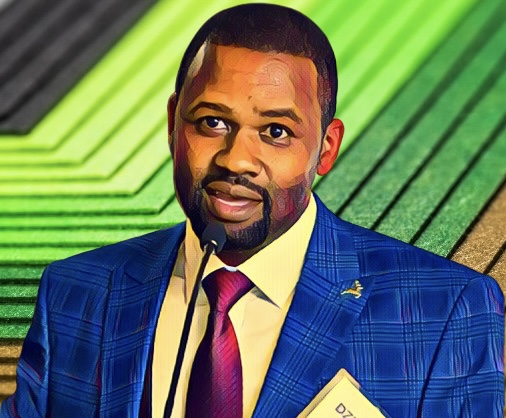Recently, Zimbabwe’s President Emmerson Mnangagwa took over the chairmanship of the Southern African Development Community (SADC) during a summit that many civil society organizations are calling a mere public relations stunt. These organizations are alarmed by the increasing human rights abuses happening under Mnangagwa’s government, which they say undermines his new leadership role in the regional bloc.
In the weeks leading up to the SADC summit, more than 160 human rights activists were arrested across Zimbabwe. These arrests have sparked widespread concern, with many of those detained being denied bail and reportedly subjected to torture. The crackdown has raised serious questions about Zimbabwe’s commitment to democracy and human rights, especially as Mnangagwa assumes this influential position.
Dzikamai Bere, the director of the Zimbabwe Human Rights Association, spoke out about the situation in an interview with France24. He expressed deep concern over the arrests and the treatment of activists, some of whom were reportedly tortured. Bere questioned whether Zimbabwe’s leadership in SADC is truly beneficial for the country or if it is just a way for the government to improve its image internationally.
“We continue to appeal to the heads of State within SADC because they have a duty under the SADC protocol to respect human rights,” Bere said. He urged the government to release the detained activists and end the harsh crackdown on those who dared to speak out against the regime.
International human rights organizations, including Amnesty International and Human Rights Watch, have also voiced their concerns. They have called on Zimbabwean authorities to stop targeting activists and to thoroughly investigate allegations of torture and other abuses. These groups have urged SADC to take a strong stand against these violations, especially now that Mnangagwa is at the helm of the regional bloc.
Among those arrested are prominent figures such as Senator Jameson Timba, Transform Zimbabwe leader Jacob Ngarivhume, and feminist and rights defender Namatai Kwekweza. These individuals, along with many others, have been vocal in their criticism of the government’s actions and have paid the price with their freedom.
Zimbabwe’s Home Affairs Minister, Kazembe Kazembe, has made it clear that the government is prepared to deal harshly with any form of dissent. In recent statements to the media, he reaffirmed the government’s commitment to cracking down on those who oppose its policies, a stance that has only intensified concerns about the shrinking space for democratic expression in the country.
The Crisis in Zimbabwe Coalition (CiZC), a prominent civil society organization, has also condemned the government’s actions. On the occasion of its 23rd anniversary, CiZC released a statement highlighting its dedication to advocating for a democratic and economically prosperous Zimbabwe. The coalition reflected on past incidents, such as the controversial 2018 elections, where the government deployed soldiers against unarmed civilians protesting the delayed release of election results.
Despite the mounting challenges, CiZC vowed to continue being a voice for the voiceless in Zimbabwe and the broader SADC region. The organization stressed the importance of maintaining regional solidarity and pushing back against the increasing repression of democratic freedoms.
For now, the situation in Zimbabwe remains tense, with activists and civil society groups continuing to fight for their rights in the face of increasing government repression. The question on many minds is whether SADC will hold its new chair accountable or if the concerns of those suffering under these abuses will continue to be ignored.
Source: Newsday


